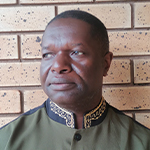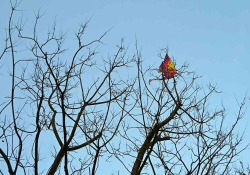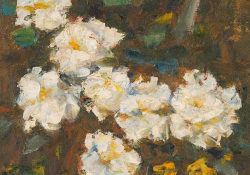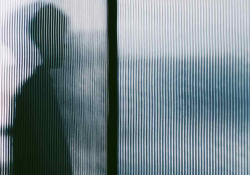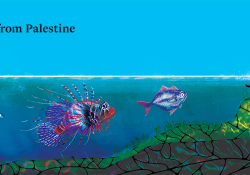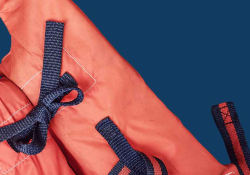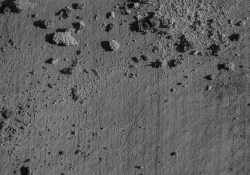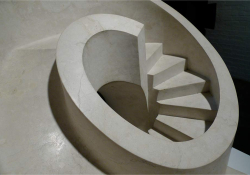Two Xitsonga Poems from South Africa
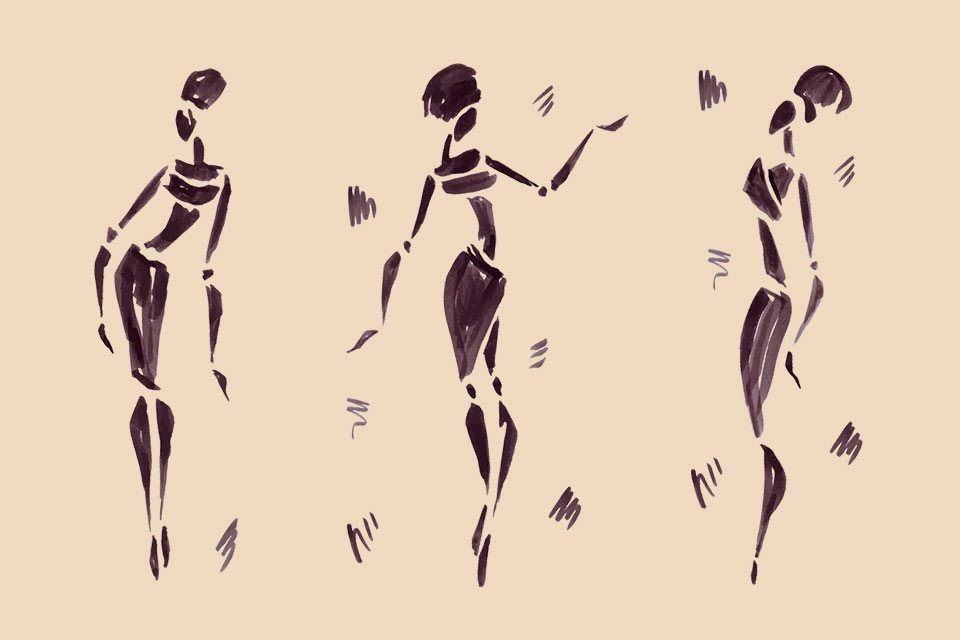
the dance
you dancers with painted faces—
bury your heads in shame,
silence those roaring bongo drums
around the blazing fires of burning incense,
remove leopard hides, horns, grass & reeds on your backs,
throw away your porcupine thorn hats, masks, cowrie shells
bangles, bells & beads,
cover your plump breasts & loins with a kanga,
for all these years you are but a catalog image of starvation,
your slavers say your naked dance is exotic.
you dance
because your bellies are empty . . .
that’s how you fight loneliness & the biting economic meltdown . . .
you men with villages of wives;
you say spinning in circles, clapping & stamping the ground
for the cunning folk wielding cameras
is a way out of shame
before your famished children . . .
now your sly daughters & wives with shy smiles
twirl & turn in bed
to please these beer-reeking tourists
& the slothful nicotine-belching ministers
just for a dollar
a pound sterling
a slice of bread & soup
you dance until your feet are bloodied . . .
dreams muffled by despair
ready to be called
january, joao, jones . . .
selling your heritage too cheaply
your dance in hotels & airports
this dance in beaches & curio shops
this dance in gala nights & banquets
this futile ethnic tom-tom dance wearies my bones
i ask, dear african child, what’s the meaning of your freedom?
In the Name of Amandla
In the name of Amandla
Tell me what has changed in this village
There’s no food in the kitchen
Bare children with chapped lips can’t go to school
Another hungry child knocked down by a rich man’s car
The child is gone, the rich man contributed a cheap coffin
Everyone thought he would rot in prison
It’s winter, the school has no desks, textbooks & windows
Our leaders send their children to private schools
Ask them
In the name of Amandla
Tell me what has changed in his village
The tap is dry
Coughs hot air
The pump is off
Granny has no cash to buy diesel
She walks distances to draw dirty water
In the still pool
In the poisoned dam
Where people share water with animals
Granny washes in the cracked red plastic basin
She buys water and pushes a wheelbarrow
She is old, seventy!
Her hut collapsed during the days of the flood
She survived, because she was busy collecting wood in the bush
She waited for her pension at sixty years of age
She stands in a queue, shoving and shuffling
Someone of her age collapses in the smothering sun
She closes her eyes, sniffs snuff
She sneezes, tears run down her cheeks
She gets her pension, it’s a cheque
In the name of Amandla
Tell me what has changed in this village
Magogo takes a taxi to town
Young ones don’t want to sit next to her
They say she smells of urine
She buys a tin of paraffin, a blanket and chicken
She buys a bag of mealie meal on account
Her daughters, now mothers, want their share
Government gives R110 per child
Granny pays the burial society every month
She does not want to be buried in a blanket
People won’t come to the funeral if a cow is not slaughtered
She talks alone, predicts death anytime from now
She is called a “cheque” by her own daughters
Their husbands are unemployed
They weave & sell baskets, smoke BB & drink mqombhothi
They wait to reach sixty-five to caress coins
Magogo washes in a cracked red plastic basin
She wants to take a shower before she dies
She calls Mandela “Mondela”
She only votes for the ANC
Why?
In the name of Amandla
Tell me what has changed in this village
We are in trouble
Our electricity is weak
Switch off everything else when you use a stove
It stops when it rains
It flies away with the wind
Come winter — the municipality will cut it off
Poor black man in arrears
Back to mbhawula and malahla
Magogo is cold
She sleeps by the fire
Burning her feet
The brazier emits gas
She will cough blood clots
Health workers at the clinic will give her panada
In the holy name of Amandla
Tell me what has changed in this village
Our RDP house leaks when it rains
We can’t fit, it’s a toilet
We hear & see them making love
In a room divided by a curtain
There can’t be any secrets
We sleep in the kitchen
Wake up like elephants early in the morning
Verwoerd, my enemy, built much bigger houses
Trevor Manuel can’t stop buying submarines, corvettes and jetfighters
Our taxes can do something better
War is coming we are told.
Translations from the Xitsonga
Read an interview with Bila, conducted by Ming Di.

